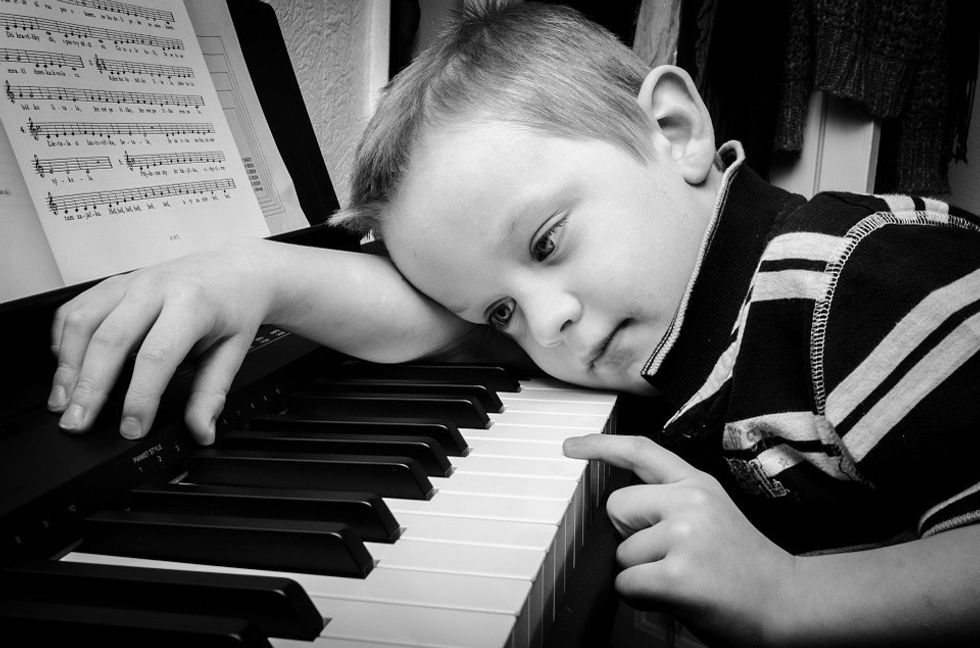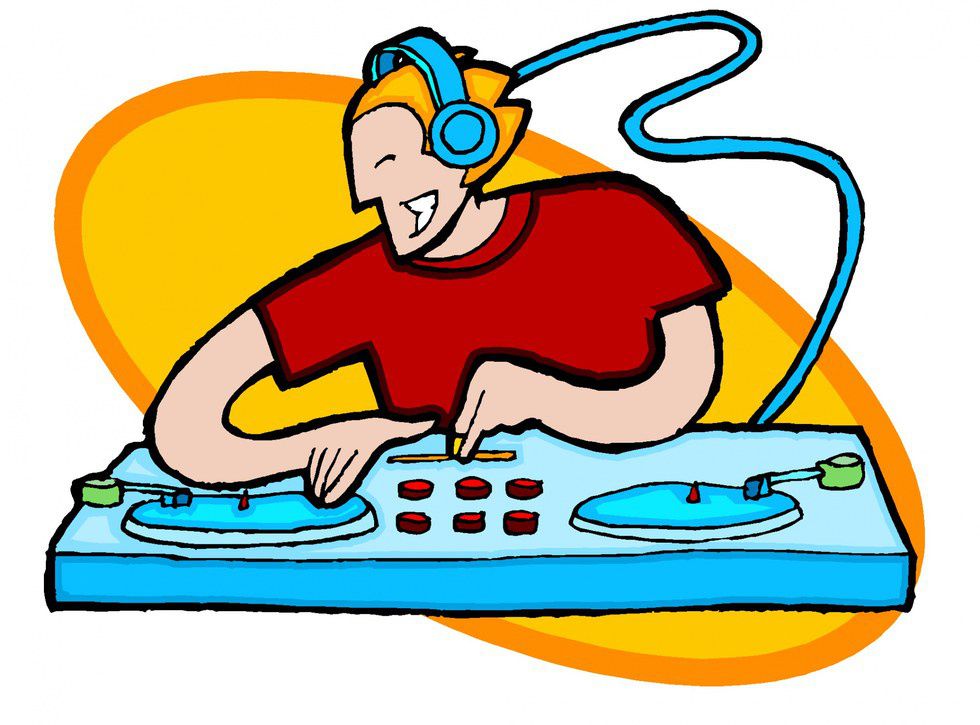Recently I was listening to one of my new favorite artists, Jon Bellion. As I sat listening to his song "All Time Low," I realized for the first time the pretty depressing connotation of the lyrics, despite the fact that I'd heard the song many times before. "I, I've been trying to fix my pride but that thing's broken / I lie, lie to try and hide but now you know it / that I'm at an All Time Low," says the song's chorus. I remember sitting there and thinking, this is a really catchy song, but the undertone is a downright bummer!
That kind of got me thinking about sad music and how surprisingly popular it is. It's not the number one most popular emotion in music, but it is a bit surprising the attention such a negative emotion is able to retain. A glance at today's top charts shows that sad songs are definitely present--in addition to the aforementioned Jon Bellion song, some sad songs that are currently very well-known include "i hate u, i love u" by gnash and Olivia O'Brien and "We Don't Talk Anymore" by Charlie Puth and Selena Gomez.
We all have heard these songs or other similar ones, but does that affect us at all? Does listening to sad music make you sad?
This is a very hard question to answer scientifically since there is no real way to experiment on it, especially since the issue is sometimes linked to extremes such as suicide cases. However, it seems that for the most part, sad music doesn't necessarily make a listener feel sadness. Often times, a sad song can bring a profound sense of relief through beautiful instrumentation, invoking a listener's compassion, or helping a listener put their problems in perspective. In addition, some researchers think that since sad songs are very commonly melodious and beautiful in tone, the lyrics make less impact because the music itself is enjoyable to the ear.
Another study showed that when it comes to sad songs, the lyrics are more important to triggering the brain's sadness response than the instrumentation is. It would also seem that, because of their cathartic nature, sad songs tend to be listened to by those who are already sad and want to work through that emotion. On top of that, if a listener likes a sad song because they like the sound of it, they often don't go from happy to sad just from listening to the song.
In the end, it is nearly impossible to answer this question in a short and universal manner. Everyone reacts and responds to music differently, and while music has been proven to be able to hold deep emotional significance, it seems that sad lyrics don't really change a listener's mood as much as you might think.
So, if you ever find yourself listening to "All Time Low" like me, just remember: it may be Jon Bellion's all time low, but it doesn't have to be yours too.






















